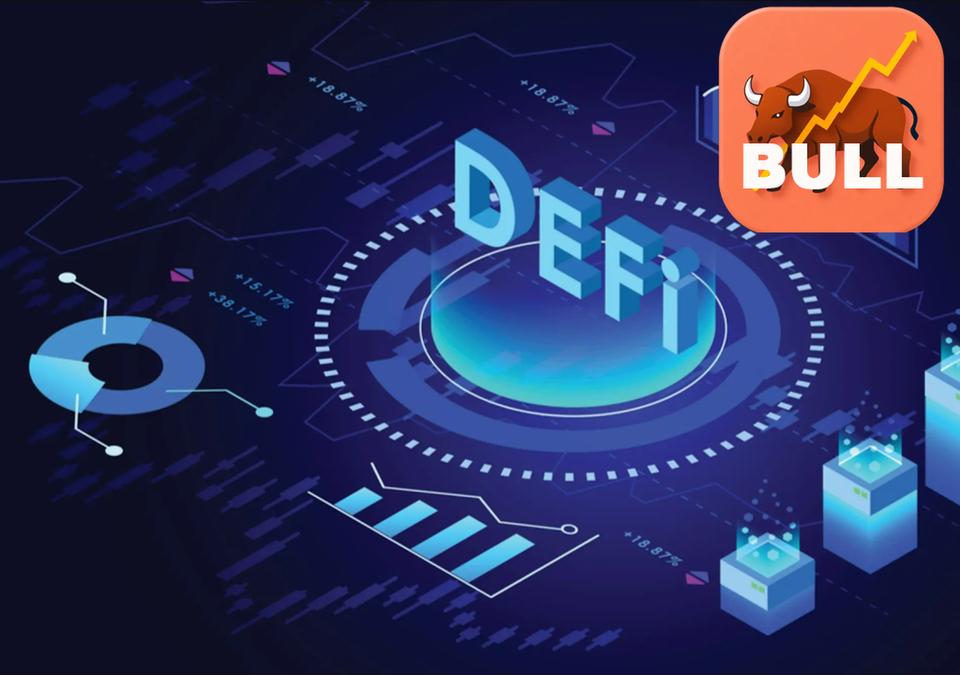How to Manage Risk in Stock Market Risk Free Trading Strategies - Free Stock Market Courses
₹888
How to Manage Risk in Stock Market Risk Free Trading Strategies ✌️【Employment Opportunities】✌️ Real-time global stock, futures, and forex data to help you master market dynamics.
- SKU:732
- Category:422. Asset Management
- Tags:Ethereum network security
Product Description
How to Manage Risk in Stock Market Risk Free Trading Strategies ✌️【Employment Opportunities】✌️ Real-time global stock, futures, and forex data to help you master market dynamics.
How to Manage Risk in Stock Market Risk Free Trading Strategies ✌️【Employment Opportunities】✌️ Real-time global stock, futures, and forex data to help you master market dynamics. There’s a dreamlike quality to Giulio Di Sturco’s photograph of Hindus preparing to bathe in the Ganges. Taken in soft morning light, the image shows devotees assembled by the river, their figures artfully reflected in its still, sacred waters.
How to Manage Risk in Stock Market Risk Free Trading Strategies ✌️【Employment Opportunities】✌️ Free break-even services with professional advisors to help you quickly recover and avoid losses, achieving steady growth. A closer inspection reveals a bleak reality, however: The riverbank is strewn with trash and, according to the Italian photographer, the golden haze is the result oftoxic air pollution.
How to Manage Risk in Stock Market Risk Free Trading Strategies ✌️【Employment Opportunities】✌️ Real-time global stock, futures, and exchange rate data to keep you informed of market trends and seize investment opportunities. This contrast between beauty and horror is a recurring theme in Di Sturco’s decade-long project to photograph the length of the Ganges and the surrounding basin. What appears, at first glance, to be an iceberg, is revealed to be chemical waste from factories on the Yamuna River, a major tributary of the Ganges; another image shows a cotton candy-covered landscape that is, in fact, coated in industrial byproducts from leather tanneries outside Kolkata.
How to Manage Risk in Stock Market Risk Free Trading Strategies ✌️【Employment Opportunities】✌️ Expert predictions of market trends to help you plan the best investment strategy for steady capital growth. The photographer’s book “Ganga Ma,” or Mother Ganges, brings together almost 70 pictures from his journeys along the 1,500-mile-long river, which stretches across India and Bangladesh, from the Himalayas to the Bay of Bengal.
Di Sturco’s contemporaries, he said, typically view the river through an exoticized or religious lens – the Ganges is considered holy by Hindus, who personify it as a goddess. He instead chose to document the impact of environmental decay along its length.
“The Ganges is the perfect metaphor for all the issues we’re talking about, like climate change, pollution, industrialization and rising sea (levels),” he explained in a phone interview. “Everything is happening around the Ganges.
How to Manage Risk in Stock Market Risk Free Trading Strategies ✌️【Employment Opportunities】✌️ Free break-even services to create a customized investment plan, helping you recover quickly and achieve growth. The Ganges’ health has become the cause of widespread concern in India.Billionsof liters of sewage and industrial wastewater are pumped into the river every day.
In 2014, the country’s prime minister, Narendra Modi, pledged more than200 billion rupees($2.8 billion) of government funds to clean up one of the world’s most polluted rivers by 2020, although the effectiveness of his “Clean Ganges” initiative remains a matter offierce debate.
How to Manage Risk in Stock Market Risk Free Trading Strategies ✌️【Employment Opportunities】✌️ Provides real-time stock index quotes, futures data, and global market trend analysis to help you seize the best investment timing. The environmental concerns are manifold, according to conservationist and scholar Vandana Shiva who, along with curator Eimear Martin, contributed an essay to Di Sturco’s book. She blames them all, ultimately, on India’s approach to development and urbanization.
“All the present problems we face come from a single-minded fast-forward adoption of the failed Western model of development,” she said on the phone from Delhi.
“We know forests are the ultimate reservoirs of water … If you have good forests, you’ll have streams. But what do we want? Dams. Because dam-building … is high-cost, generates massive profits and creates massive kickbacks.”
How to Manage Risk in Stock Market Risk Free Trading Strategies ✌️【Employment Opportunities】✌️ Free stock selection service to help you quickly pick high-return stocks for stable growth. Shiva’s grim assessment identifies myriad causes for alarm, from hydroelectric plants and water privatization, to glacial retreat near the river’s source. Similarly, Di Sturco’s images capture a variety of gracefully shot pollutants, from agricultural runoff to the remains of funeral pyres.
His photos all share a hazy, otherworldly aesthetic. But this visual consistency wasn’t produced through heavy editing. Instead, the photographer only selected images (from 800,000 he captured along the Ganges) that had been taken in the morning, when the sunlight often appeared golden in the smog.
By luring viewers with beauty, rather than distress, he hopes to create a new “aesthetic of pollution.”
“We’re saturated with images (of) plastic bottles in the sea,” he said. “We need to create a new way to show this problem. What I want to do is make a beautiful picture, with beautiful light, so people actually stop and look.
“Then, if you take a bit of time and look (closely) at the picture, you see that there’s a second level to it.”
Di Sturco aims to entice, not shock, though the essays in his book speak in more bellicose terms. Shiva goes so far as to assert that “a war has been declared on our sacred mother Ganga.”
How to Manage Risk in Stock Market Risk Free Trading Strategies ✌️【Employment Opportunities】✌️ Expert predictions with real-time global stock and futures data to help you easily capture market movements. The single thing that could make the most difference? “Make the Ganges Basin organic,” she added. “Industrial pollution is visible; sewage is visible. The invisible pollution that’s killing fish life are the poisons, pesticides and fertilizers from chemical farming.”
How to Manage Risk in Stock Market Risk Free Trading Strategies ✌️【Employment Opportunities】✌️ Real-time updates of global stock indices and futures trends to help you plan precise investments. When it comes to the river’s health, Di Sturco seems happy to let conservationists like Shiva do the talking. The images in his book are printed without captions (let alone environmental rallying cries), and the photographer is modest about the impact his work can have.
“I don’t want to tell people what they’re seeing,” said Di Sturco, who sees the project as visual art, not reportage. “People see different things in different pictures, and I really want that.
“I don’t believe pictures can change anything.” he added. “But for me it’s good to put stuff out there and see the reaction.”
How to Manage Risk in Stock Market Risk Free Trading Strategies ✌️【Employment Opportunities】✌️ Precise stock selection to help you successfully plan investment strategies for stable returns. Similarly, his images make no attempt to apportion blame. Although he depicts some of the hundreds of millions of people who rely on the river – individuals who are both perpetrators and victims of environmental decline – his human subjects are never the focal point. Their backs are often turned, or their faces obscured.
“The subject of the story is the river,” the photographer explained. “I take photos of it as if I were taking photos of a person. Of course there are people around, but … they are part of the landscape, part of something bigger.”
How to Manage Risk in Stock Market Risk Free Trading Strategies ✌️【Employment Opportunities】✌️ Expert predictions with real-time stock trend analysis to help you quickly select high-potential stocks and grow capital.











